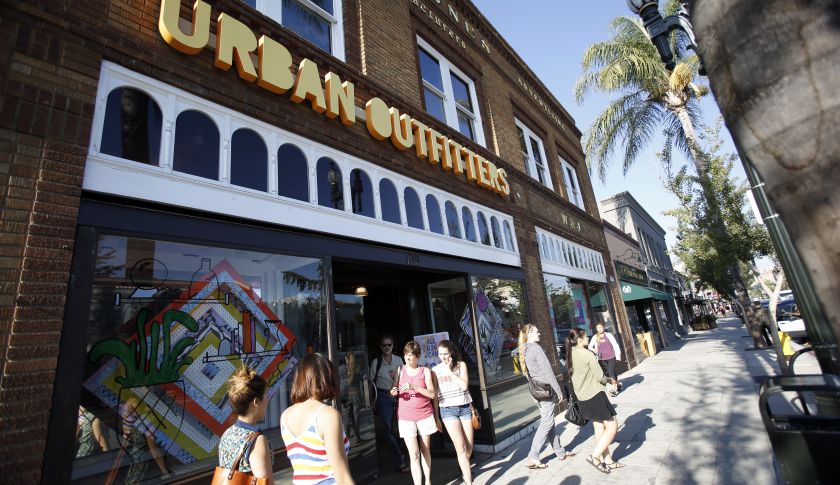Collecting consumer data online is easy, but in the brick and mortar world, the task is far more challenging. Businesses that leverage data on consumer shopping habits gain the opportunity to offer the right products to the right consumers at just the right time. As a result, a number of startups are coming to fill the need with data collection options for larger retailers.

Beacons Recognize Shoppers
Beacons are one way of collecting consumer data in the physical world by recognizing when a target consumer is nearby. Using Bluetooth messaging, consumers can receive messages on their smartphones based on the routes they take through the store. A sensor in the men’s department can pick up signals from the consumer’s smartphone app and then send a discount offer when the shopper comes within the beacon’s range.
The Boston-based company Swirl is developing its business based on this idea, offering the hardware beacons and software tools to help companies manage and analyze the data they receive from the beacons. Because the technology doesn’t collect personal information and provides potential surprise discounts for consumers, it’s a win-win technology for both shoppers and retailers. As a result, Business Insider Intelligence predicts 3.5 million beacons to be in large retail stores by 2018’s end.
Trading a Phone Recharge for Data
ChargeItSpot is a Philadelphia startup bringing a needed service to consumers in exchange for messaging opportunities and information on their shopping preferences. The consumer places their smart device in a secure drawer to let it charge. In exchange, the consumer agrees to accept text messages from the retailer. The system also combines security with market research by asking the consumer to choose a security image from a list of products that the company sells.
ChargeItSpot says their data from one large pharmacy chain proved that those using the charging kiosks were high dollar spenders and spent more time in the store once phone charging became available. In addition, each trip to the charging station provides another opportunity for the retailer to pitch a different deal or product. The retailer can then use the accompanying analytics software to adjust campaigns to maximize their effectiveness.
Tracking Individual Shopping Habits
California startup RetailNext has found a way to use camera software to identify shoppers, not on a personal level with video images, but as a set of data points. The cameras can track the consumers route through the store and recognize the consumer upon the next appearance at the store. This would allow retailers to recognize repeat business and offer personalized discounts.
Although personal information is not stored, consumers may feel their privacy is being invaded by such highly detailed tracking. But, if presented with the right discounts and incentives, the idea may become more palatable to shoppers.
Merging Online and Offline Consumer Data
Rubrik is another startup looking to help retailers make better use of consumer data. The company provides a platform that allows companies to better leverage data from all sources to provide insights on consumer shopping habiets and provide retailers with more opportunities to offer relevant and timely promotions that can boost sales. Retailers can now bring the marketing campaign online based on the consumers in-store shopping habits and base in-store offers on web-based shopping habits.
New Data Collection Tools Will Boost Sales and Consumer Loyalty Programs
The more details you have about your customers’ shopping habits and preferences, the more detailed and targeted your marketing efforts become. Retailers gain the ability to both reward their best customers and upsell products to consumers during a shopping trip. New tools like those provided by these startups will help brick and mortar businesses bring their analytics up a notch, on par with the data collection capability of online retailers, with greater targeting and efficacy to sales campaigns.